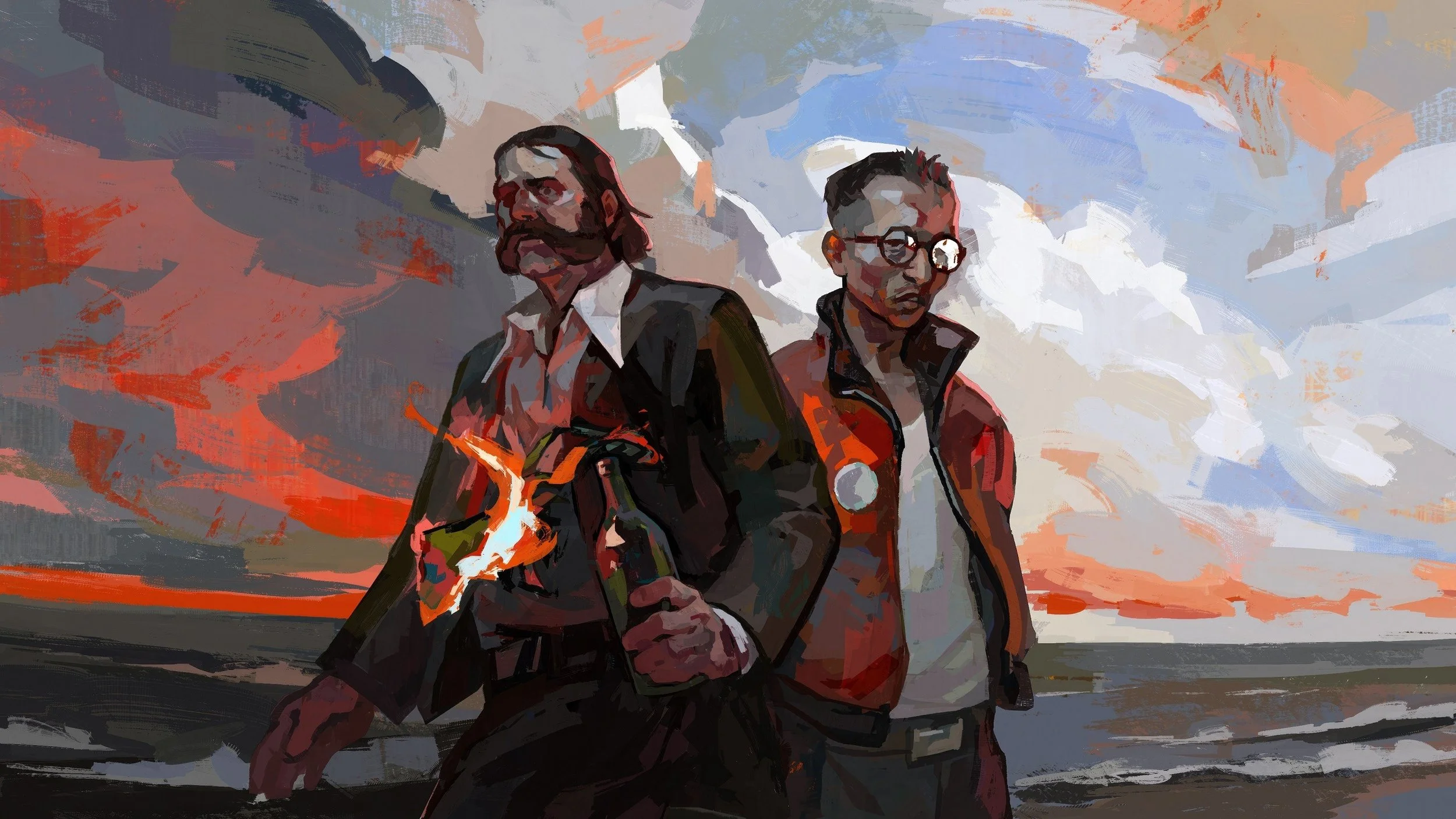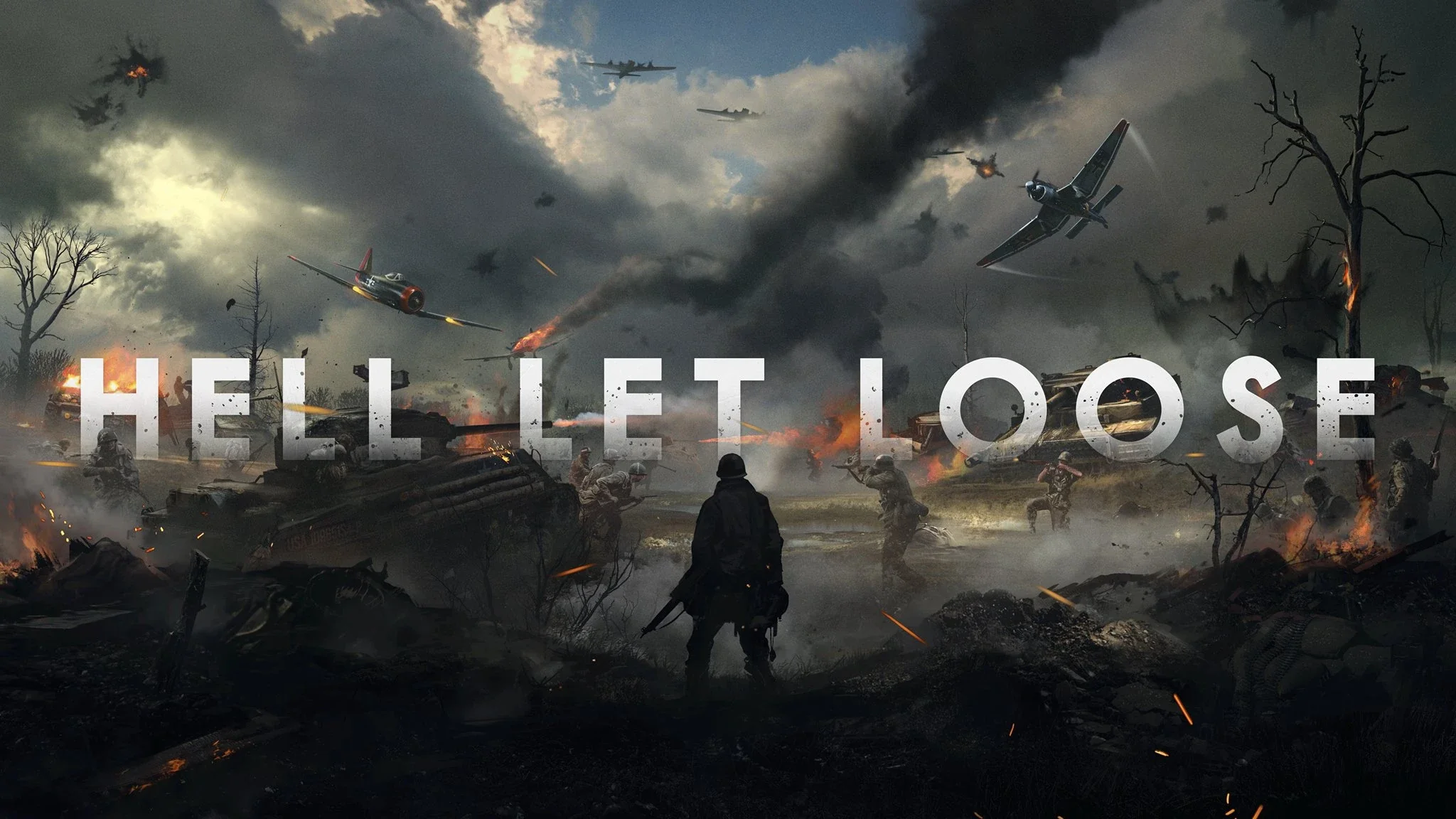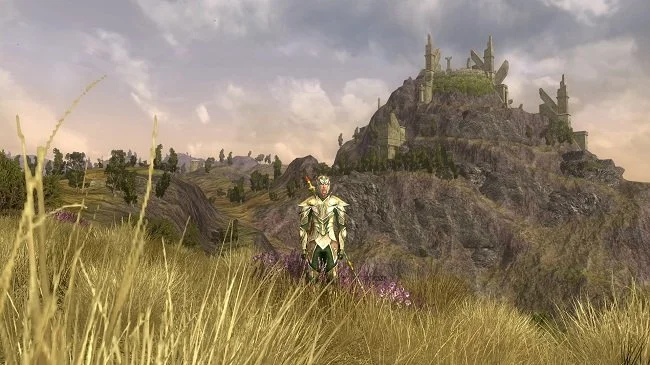A Solution to the Single Games Launcher Conundrum
Back in April I wrote about the proliferation of video game launchers and how more and more companies are offering their own. The dream of Steam being a one stop platform for gaming has long gone and gamers now have to install multiple clients to access their various game libraries. As I indicated in that post, I’m personally not that outraged or inconvenienced by having to use different game launchers. There are far bigger problems facing the video games industry at present, such as aggressive monetisation, the decline of game ownership in the traditional sense and growth of “live services” and the associated bullshit that goes with such business models. Having to use separate launchers (I have 10 installed at the last count) is therefore lower on the list of transgressions and sins. However, that doesn’t mean that I’m averse to a solution if one presents itself and it looks like one may have just done so.
One of the game launchers and online stores I already have installed is GOG Galaxy. Good Old Games is part of CD Projekt and as this Polish developer has produced some good titles (the Witcher franchise) and broadly acts in an ethical fashion, I am reasonably well disposed towards them as a consumer. They are currently developing GOG Galaxy 2.0 which is being beta tested at present. I was recently invited to try this product and was impressed to see that it has a facility to link accounts from other game launchers. Alternatively you can manually add a game to your library that is installed outside of GOG Galaxy 2.0. Now I’m sure some of you will be thinking “doesn’t Steam do that already?” and the answer is indeed “yes”. However, the Epic Store blocks Steam from doing this with any of its titles, so you cannot use Steam as a “one stop solution”. GOG Galaxy 2.0 effectively allows you to access all your games from a single platform, be they installed via Origins, UPlay, Steam or even the Epic Store. Furthermore, there is ongoing support for 3rd party addons that can facilitate linking to smaller and more bespoke platforms.
Now the solution that GOG Galaxy 2.0 is seeking to offer does not eliminate all the inconveniences that stem from having to install and run multiple game launchers. For example it cannot unify friends lists and custom social groups. And often all GOG Galaxy 2.0 can do is start another launcher that allows you to access the game you wish to play. But it is at least it is a start and offers the most functionality compared to its rivals. If you wish to try and manage as much as you can from a single app, then GOG Galaxy 2.0 seems to be the best option around at present. It should also be noted that at present, the beta test is by invite only. But if you have version 1.0 of GOG Galaxy installed and have expressed an interest in the next version, an email should be forthcoming with download instructions. It will be interesting to see how well GOG Galaxy 2.0 fares in an increasingly protectionist video games market. Will the current functionality of the beta build make it into the final release or will market forces end up blocking cross platform access? Time will tell.




























